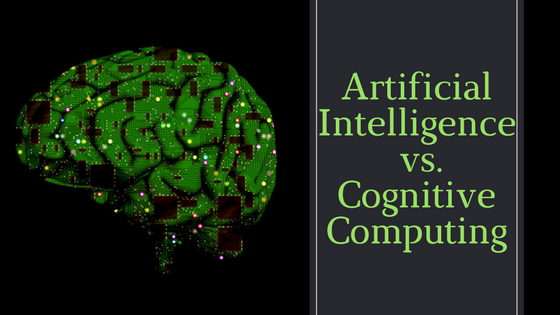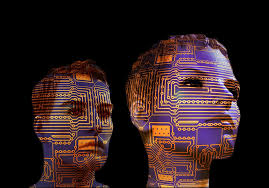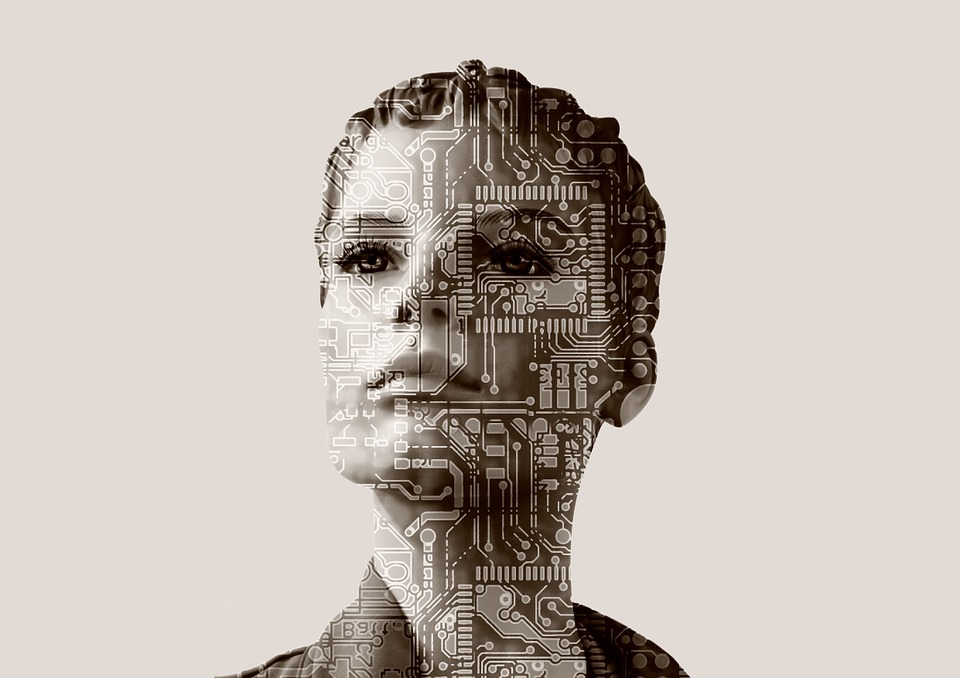4 Groundbreaking & Proven Benefits of Artificial Intelligence
It is a well-known fact that Artificial Intelligence has that capability to produce extensive benefits in different sectors. It is nothing but the...
3 min read
Preetisha Dayal : Apr 16, 2018 12:00:00 AM

.png?width=560&height=315&name=certificate%20(1).png)
Difference between Artificial Intelligence (AI) and Cognitive computing is quite an important question in the minds of people who are working in the business sector? In our daily lives, both of them have a great place but we aren’t aware that in actual terms what they want to explain. This question actually clears our response towards the upcoming and existing products that claim to do one or the other. If you are not aware of the difference between a platform powered by AI and the one which is associated with cognitive computing, and what are the implications of those differences, It will be very difficult for you to decide that what is best for your business or your application? First, lets read about the basic concepts related to them.
Artificial intelligence: Letting computers do intelligent things.
The actions which are the most appropriate to take, and when they should be taken is decided by Artificial Intelligence agents. These form taken by these agents is mostly of a machine learning algorithms, neural networks, statistical analysis and more. A number of times AI information is fed actually over a long period of time so that it can “learn” the variables it should actually pay attention to and the desired outcomes could be there that is it provides a perfect solution.
Love what you read? Then grab a free copy on latest tech trends right here.
The possible applications for AI are quite extensive and already are fully included into our daily routines, from the Siri/Alexa/Google voice assistant, to Netflix making recommendations based on the pattern of your viewing. AI and fully autonomous vehicles are inseparable if we talk about this in terms of the future, The AI watches countless hours of driving footage in training and is given some variables to look out for lanes, other cars, pedestrians and then provide a result based on its decision-making process.
Cognitive computing helps to solve problems with a human-like approach.
 Cognitive computing is mostly classified as a simply marketing jargon, so getting a working definition is significant, though it’s more fluid right now, and there is not one accord that industry experts have implied to. Still, the bases for it is that cognitive computing systems actually intend to simulate human thought processes.
Cognitive computing is mostly classified as a simply marketing jargon, so getting a working definition is significant, though it’s more fluid right now, and there is not one accord that industry experts have implied to. Still, the bases for it is that cognitive computing systems actually intend to simulate human thought processes.
A number of same fundamentals as of AI are included in this process. They are machine learning, neural networks, natural language processing (NLP), contextual awareness and sentiment analysis, to pursue the processes of problem-solving that humans practice day in and day out. The result of cognitive computing defined by IBM is a “systems that learn at scale, reason with purpose and interact with humans naturally.”
One emerging cognitive computing task is Sentiment Analysis which is done in order to fully know the context and nuances of human language as it must practice words on their deepest linguistic meanings. But, if we consider IBM and Watson, it actually makes clear to talk about medicine, a doctor who inputs data about their patients, and cognitive computing algorithms analyze it by making use of mimicked human problem-solving. Some suggestions are then given by the application and even information is provided to assist the doctor to decide what to do next.
Both the terms are quite close but there are some fundamental differences in it.
 In the world which could be regarded as an ideal one, it is possible that proponents of AI and cognitive computing would actually be able to work together, especially in the coming period as the potential for these technologies strives to become more clear. To the AI and cognitive computing improvements, will only be a part when there would be improvements to the technologies, such as machine learning, natural language processing, handling big archives of unstructured data, and a lot more. So, there is a vested interest in less in-fighting and more focus on generating new ideas for pushing machine thinking more forward.
In the world which could be regarded as an ideal one, it is possible that proponents of AI and cognitive computing would actually be able to work together, especially in the coming period as the potential for these technologies strives to become more clear. To the AI and cognitive computing improvements, will only be a part when there would be improvements to the technologies, such as machine learning, natural language processing, handling big archives of unstructured data, and a lot more. So, there is a vested interest in less in-fighting and more focus on generating new ideas for pushing machine thinking more forward.
Think of a period when AI and cognitive computing are working in a proper sync with one another within a single system, operating from the same sets of data and the same real-time variables from the world around it. That is actually a self-ruling car that not only takes you to the ideal destination but also clear the prospect of why it is required to go there. Or, that is an emergency room that can right away triage you on the basis of your physical condition and your mental state of mind, and then giving out recommendations to the professionals, giving nurses and doctors a lot of time to get to work making you a better one.
Got a project based on Artificial Intelligence? Then reach out to us for a free consultation.

It is a well-known fact that Artificial Intelligence has that capability to produce extensive benefits in different sectors. It is nothing but the...

The recent upswing in the mainstream machine learning efforts certainly has a wide-reaching impact on all facets of technology and businesses. They...